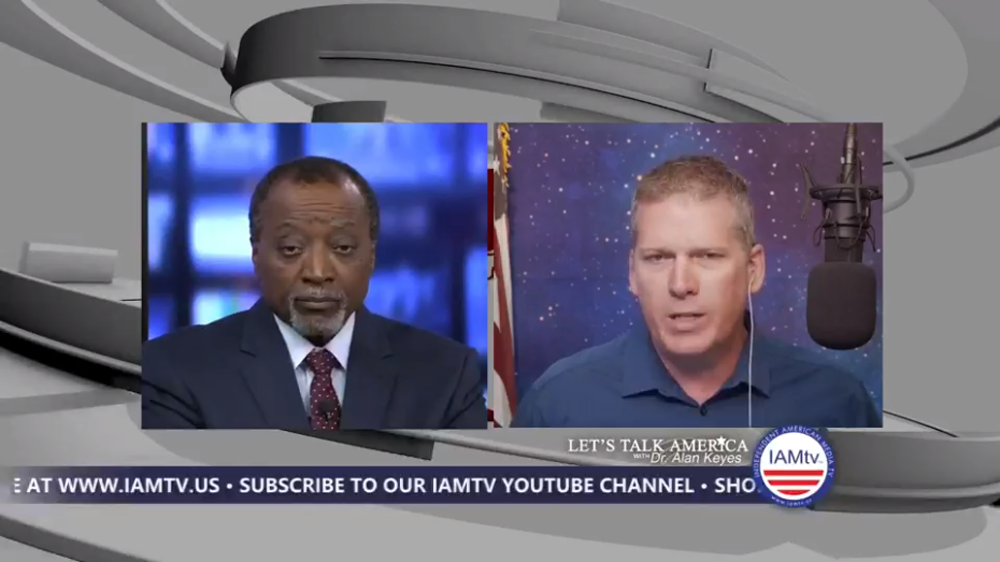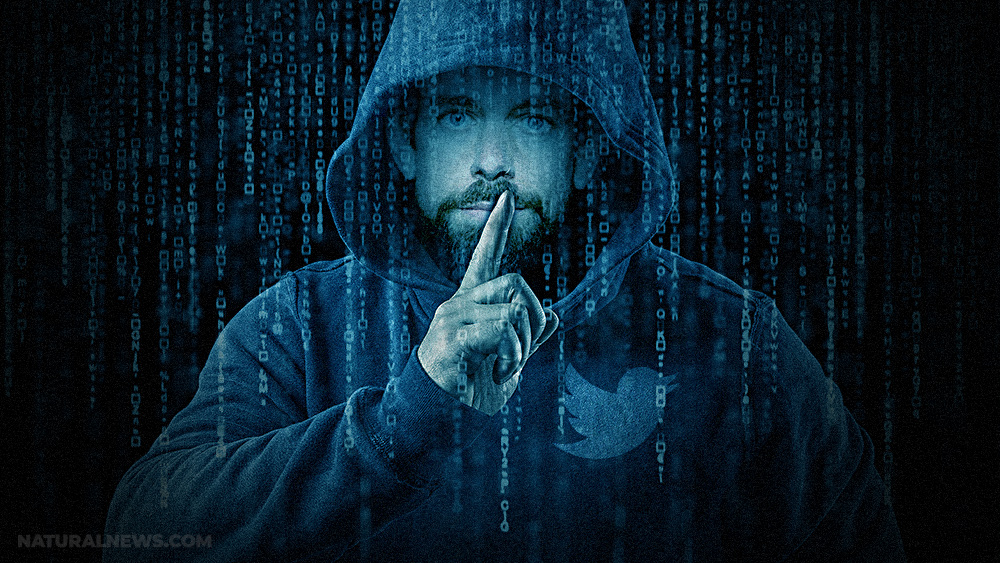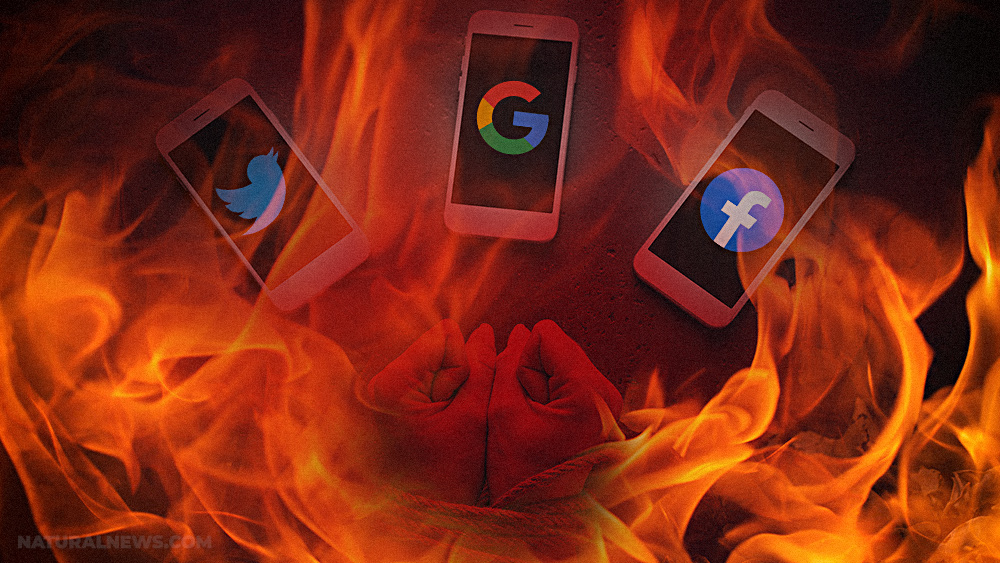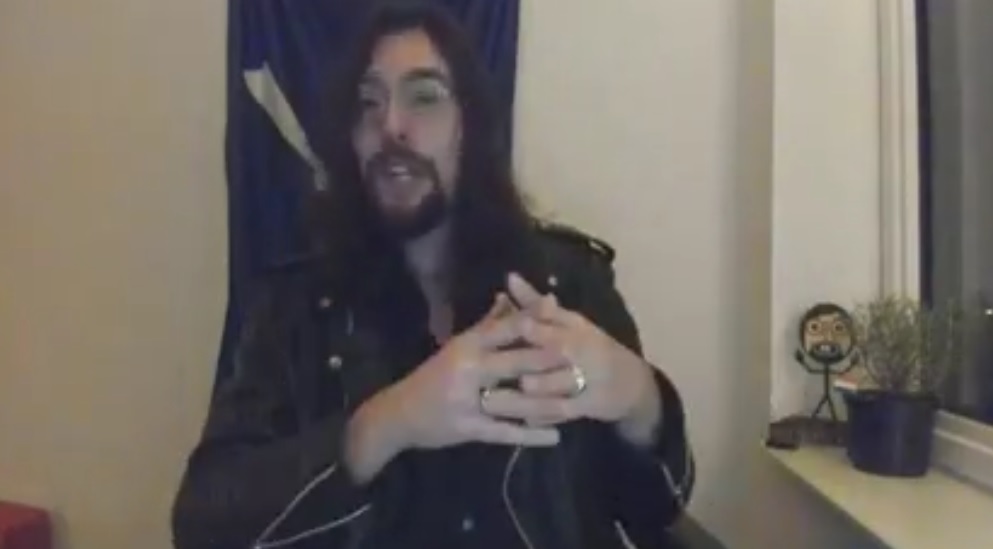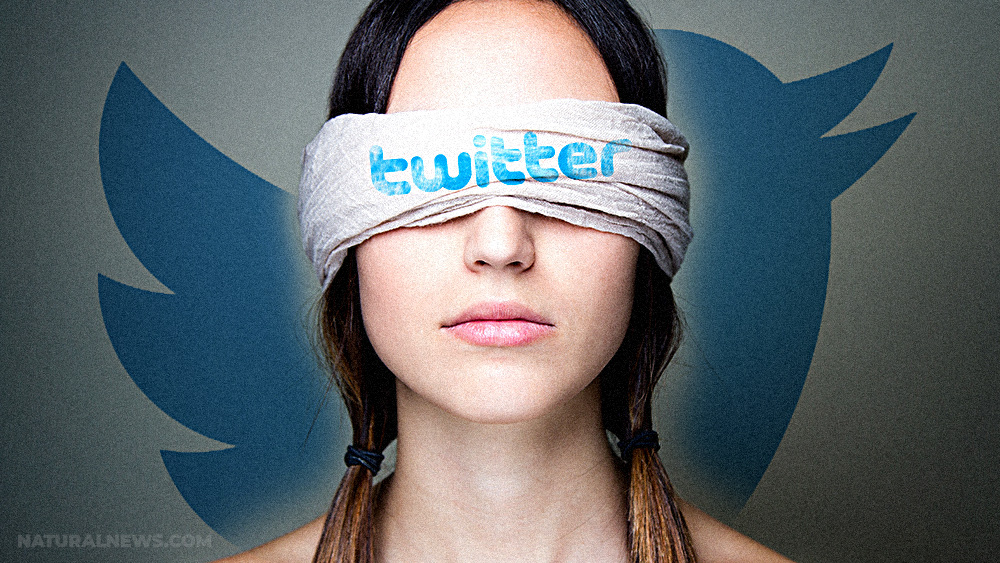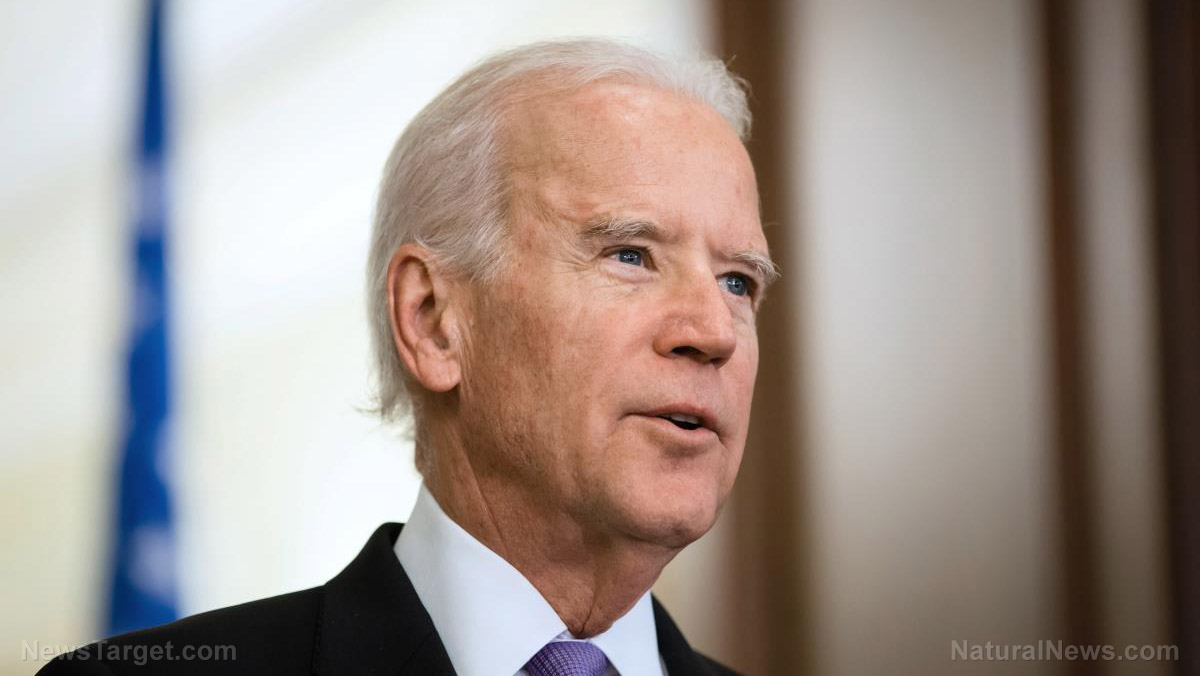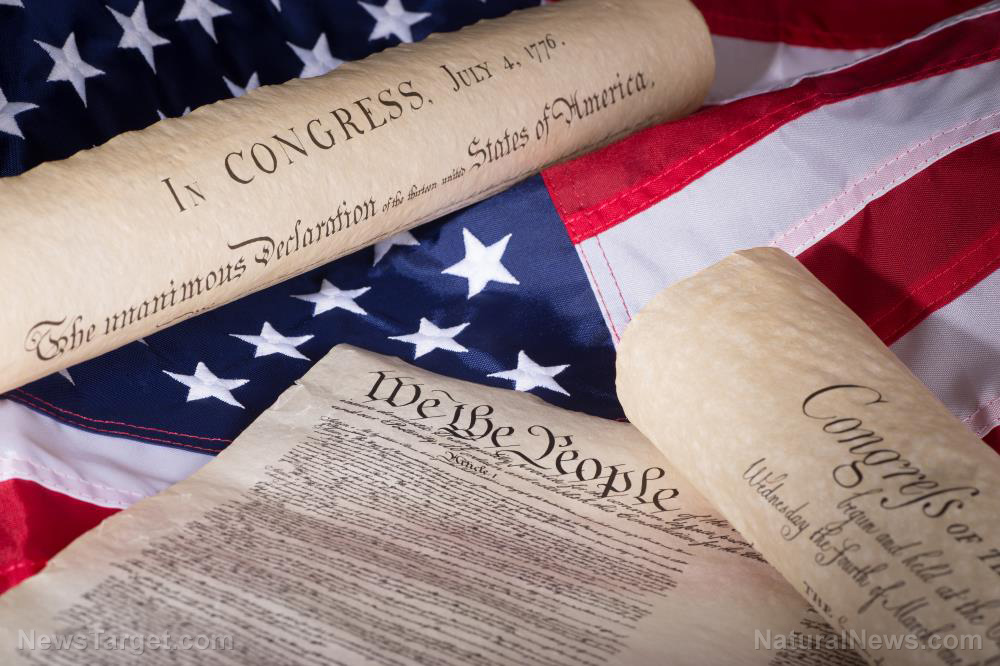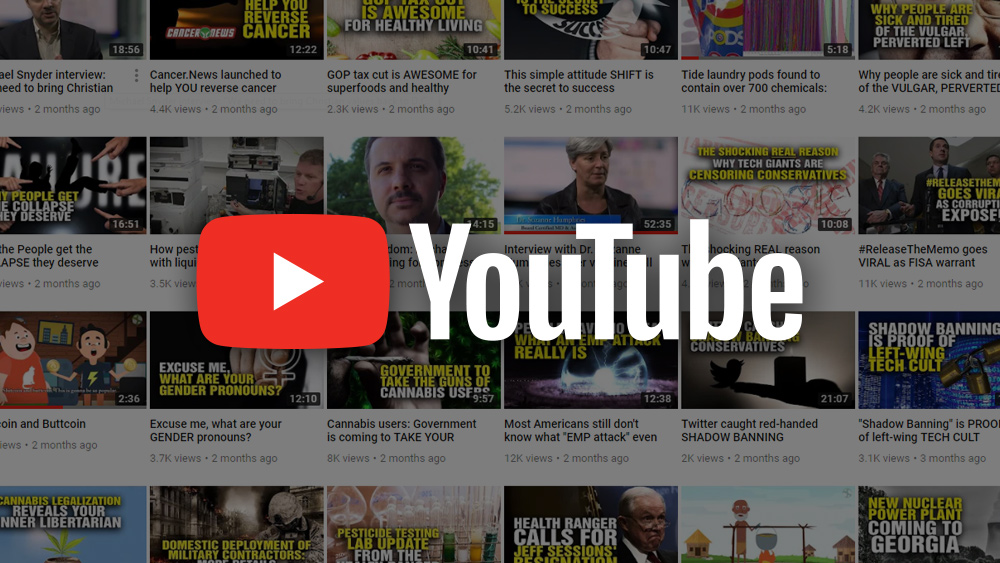YouTube issues new rule prohibiting any criticism of LGBTQ persons
12/16/2019 / By Ethan Huff

On December 11, Google-owned YouTube published an announcement entitled, “An update to our harassment policy” that explains how “borderline content,” including anything other than full acceptance of and agreement with the LGBTQ agenda, is now a punishable offense on the world’s most popular video platform.
In the interest of “raising up authoritative voices” and making YouTube “a special place,” YouTube is implementing a new rule that prohibits “harassment,” which the Silicon Valley tech giant defines as anything that “suggests violence” or includes “demeaning language.”
You’re probably thinking: What, exactly, constitutes demeaning language? YouTube says it’s anything that “goes too far,” including content that “maliciously insults someone based on protected attributes such as their race, gender expression, or sexual orientation.”
“This applies to everyone,” YouTube further explains, “from private individuals, to YouTube creators, to public officials.”
Not only is YouTube content, meaning videos and their publishers, being targeted with this new policy, but also YouTube comments. Should you dare to make a negative comment about “wax my balls” trans-activist Jonathan “Jessica” Yaniv, for instance, you could end up in the YouTube slammer.
If you’re a YouTube content creator with a monetized channel who makes such comments on other videos, you, too, could be labeled a “harasser” and have your channel demonetized or completely shut down without warning – all to make YouTube “a special place.”
“Harassment hurts our community by making people less inclined to share their opinions and engage with each other,” YouTube contends about why these changes are necessary.
“We remain committed to our openness as a platform and to ensuring that spirited debate and a vigorous exchange of ideas continue to thrive here. However, we will not tolerate harassment.”
To keep up with the latest news about YouTube censorship, be sure to check out Censorship.news.
Meanwhile, female superiority on YouTube is welcomed as “brave” and “empowering”
Based on the way this YouTube statement is written, it’s clear that this anti-harassment policy only applies to those opposed to the LGBTQ agenda. LGBTQs who harass Christians and other “enemies” will continue to be protected by YouTube as a special free speech class that will never be scrutinized.
It also doesn’t apply to female supremacists, of which there are many operating monetized channels on YouTube, according to National File‘s Kari Donovan.
“The update said YouTube had already been implementing the process for almost a year, saying, ‘We’ve continued to fine-tune our systems to make sure we catch truly toxic comments, not just anything that’s negative or critical,'” Donovan writes, revealing YouTube’s disturbingly subjective criteria for identifying “toxic comments” on its platform.
“However, as of Wednesday afternoon, it appears that YouTube is targeting a specific audience for punishment, anyone who says anything anti-LGBTQ, with their updated policies because there are numerous female superiority videos found hosted on the site.”
According to YouTube, its existing policies prior to the implementation of this new one resulted in the platform removing some 16 million comments in just the third quarter of this year. With this new anti-harassment policy, YouTube expects “this number to increase in future quarters.”
“Channels that repeatedly brush up against our harassment policy will be suspended from YPP (YouTube Partner Program), eliminating their ability to make money on YouTube,” YouTube says.
“We may also remove content from channels if they repeatedly harass someone. If this behavior continues, we’ll take more severe action including issuing strikes, or terminating a channel altogether.”
Be sure to check out Brighteon.com, the free speech alternative to YouTube, where you’ll never have to worry about any of this anti-free speech nonsense.
Sources for this article include:
Tagged Under: banned, bias, Big Tech, borderline content, Censorship, criticism, discrimination, fascism, free speech, indoctrination, information control, left cult, lgbtq, Online Harassment Policy, protected class, rights, speech police, tech giants, thought police, YouTube
RECENT NEWS & ARTICLES
COPYRIGHT © 2017 FIRSTAMENDMENT.NEWS
All content posted on this site is protected under Free Speech. FirstAmendment.news is not responsible for content written by contributing authors. The information on this site is provided for educational and entertainment purposes only. It is not intended as a substitute for professional advice of any kind. FirstAmendment.news assumes no responsibility for the use or misuse of this material. All trademarks, registered trademarks and service marks mentioned on this site are the property of their respective owners.

